The Tea Market Experience – November 2018
The Tea Market Experience is a non-subscription tea club that offers unique, interesting and possibly dubiously labelled teas, bringing you as close as possible to the tea markets of Yunnan without having to hop on a plane.
This month’s teas are 25g each of a 2015 Lincang gushu and 2014 “Xigui” gushu raw puers. Contrary to expectations, the Xigui’s price was roughly 2/3 of the broadly labelled Lincang. Credit to the shop owner for explaining that the Xigui is not from the proper village, but rather a blend of the region to approximate the character at a fraction of the price.
We didn’t have to go far to find this vendor. Just beside what is now the Tangzixiang metro stop in Kunming there used to be a small 2 floor market lined with small shops and stalls selling tea, Jianshui pottery and jade – all staples of any Kunming market. However, the area where this building sat is now nothing but a pile of rubble in the middle of a skeleton of its old self.
Take a stroll down the back alley though, and you’ll easily find 20+ shops still alive and well. We popped into one where the owner looked like she had some time to chat and share some tea. Here’s what she had to say:
How long have you been doing tea?
I opened my shop 9 years ago
What type of tea do you drink the most?
I like to drink sheng puer and my husband drinks shou puer
What is the best (or your favourite) regions for sheng?
Everything. I drink a lot of different regions, there’s nowhere in particular that I like more.
How do you get your tea?
We select teas ourselves as well as sell some of our friends’ teas and teas from factories.
Who do you mainly sell to?
Most of our customers are old customers in our pengyouquan (friends circle on WeChat). We also have a few people who drop in, like yourselves.
What makes a good tea?
This is too broad. You can’t answer it as it depends on the type of tea. For puer the first thing is that it is clean. The second is that it is good for storage and will improve. The third point is to choose what is suitable for your budget and taste, and that is a good tea.
Is gushu important?
Whether or not it’s gushu is not important
What kind of tea do you think fits foreign drinkers’ tastes?
I think they’re more exposed to well-known green teas and wulongs, like bilouchun, longjing and tieguanyin. Jasmine tea too.
What tea would you serve a foreign customer?
The few foreign customers I’ve had came in looking for specific things, like heicha, so I served them what they’re looking for, within their budget.
What advice would you give a western tea drinker?
Read less and drink more. Don’t worry about what other people say.
After asking to try a cake labelled as 2014 Xigui
Although this tea says Xigui, you should know that this is a cheaper version that is a blend of the surrounding area. Real Xigui will be several times the price, but teas like this will give you a similar experience without paying as much.
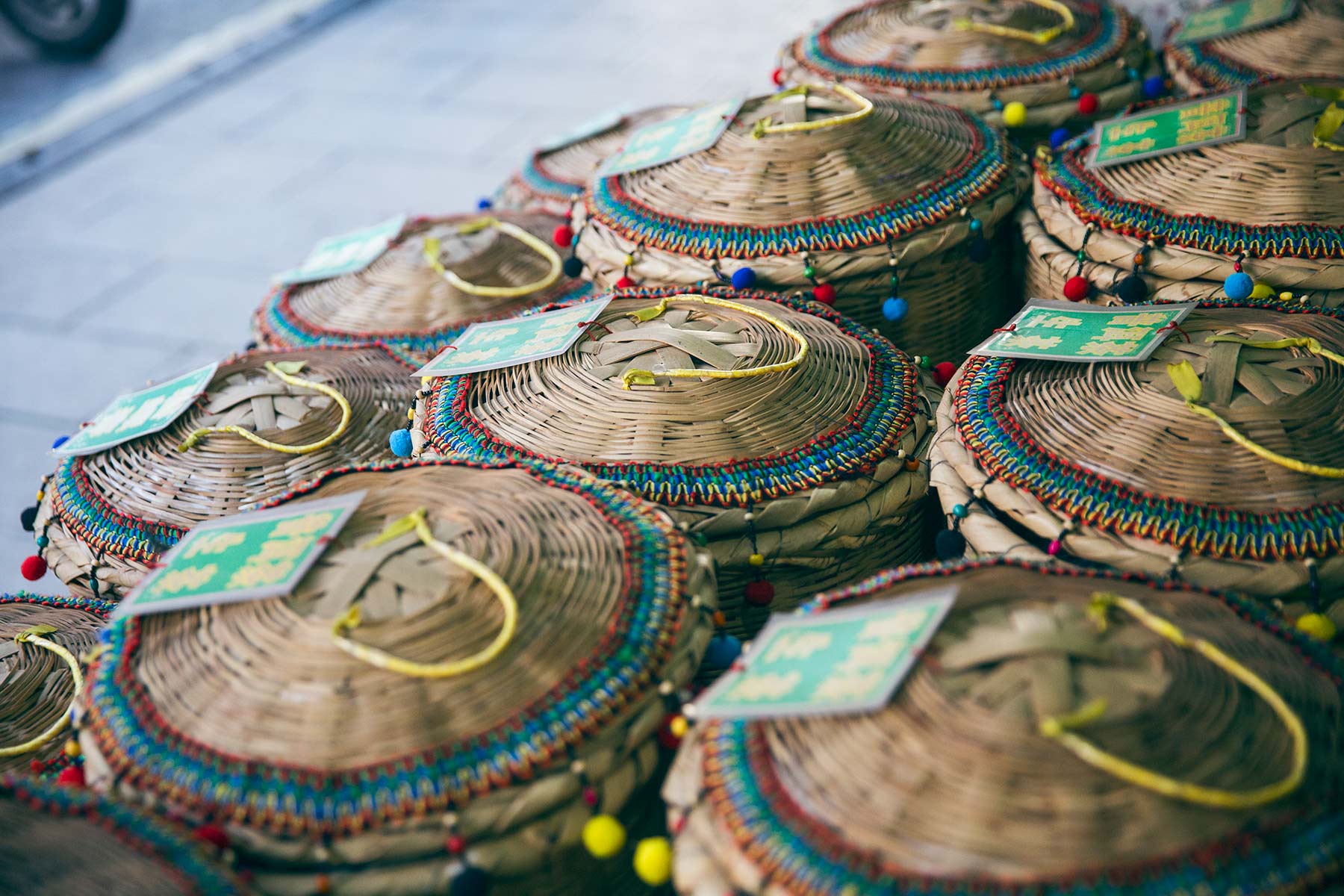
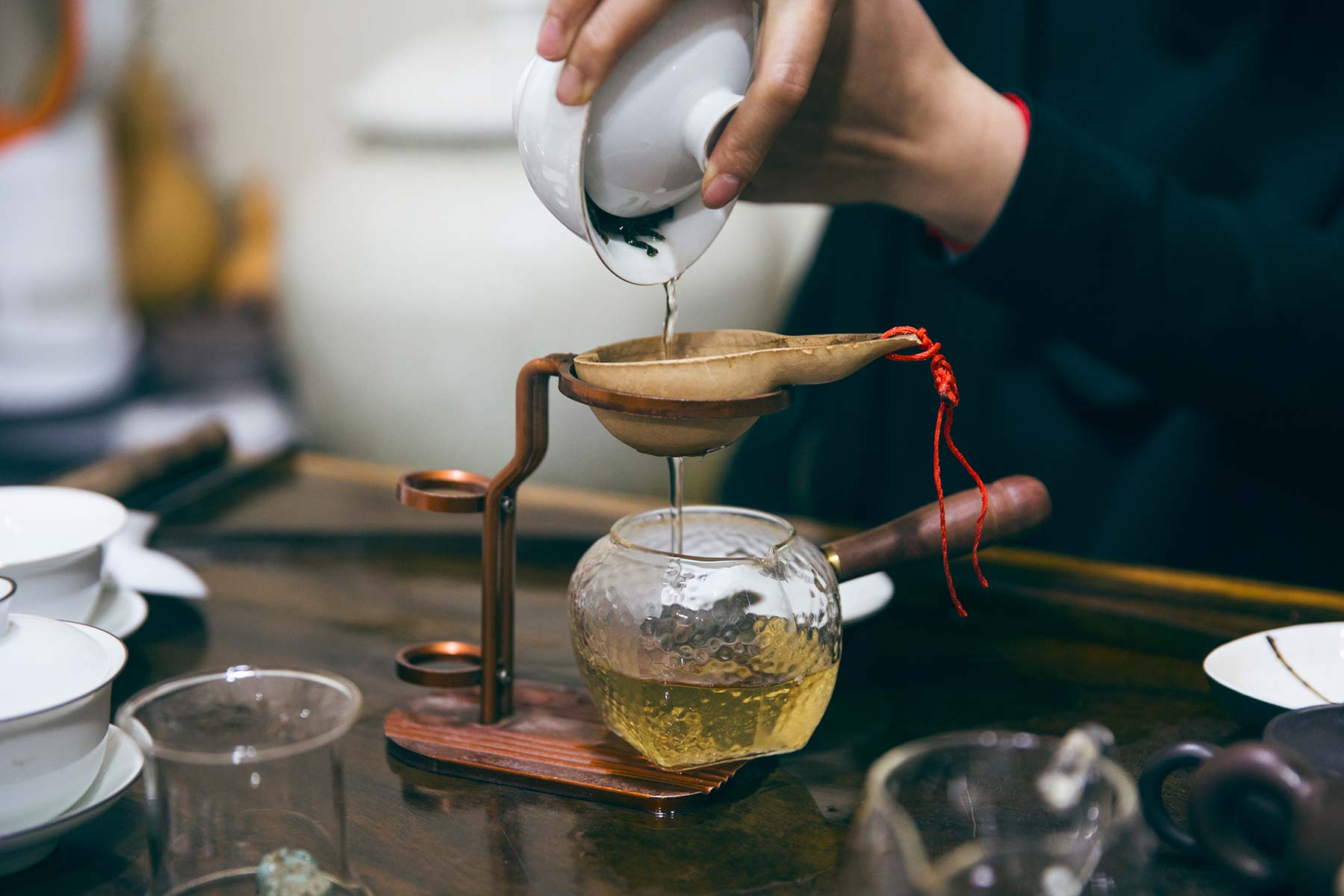
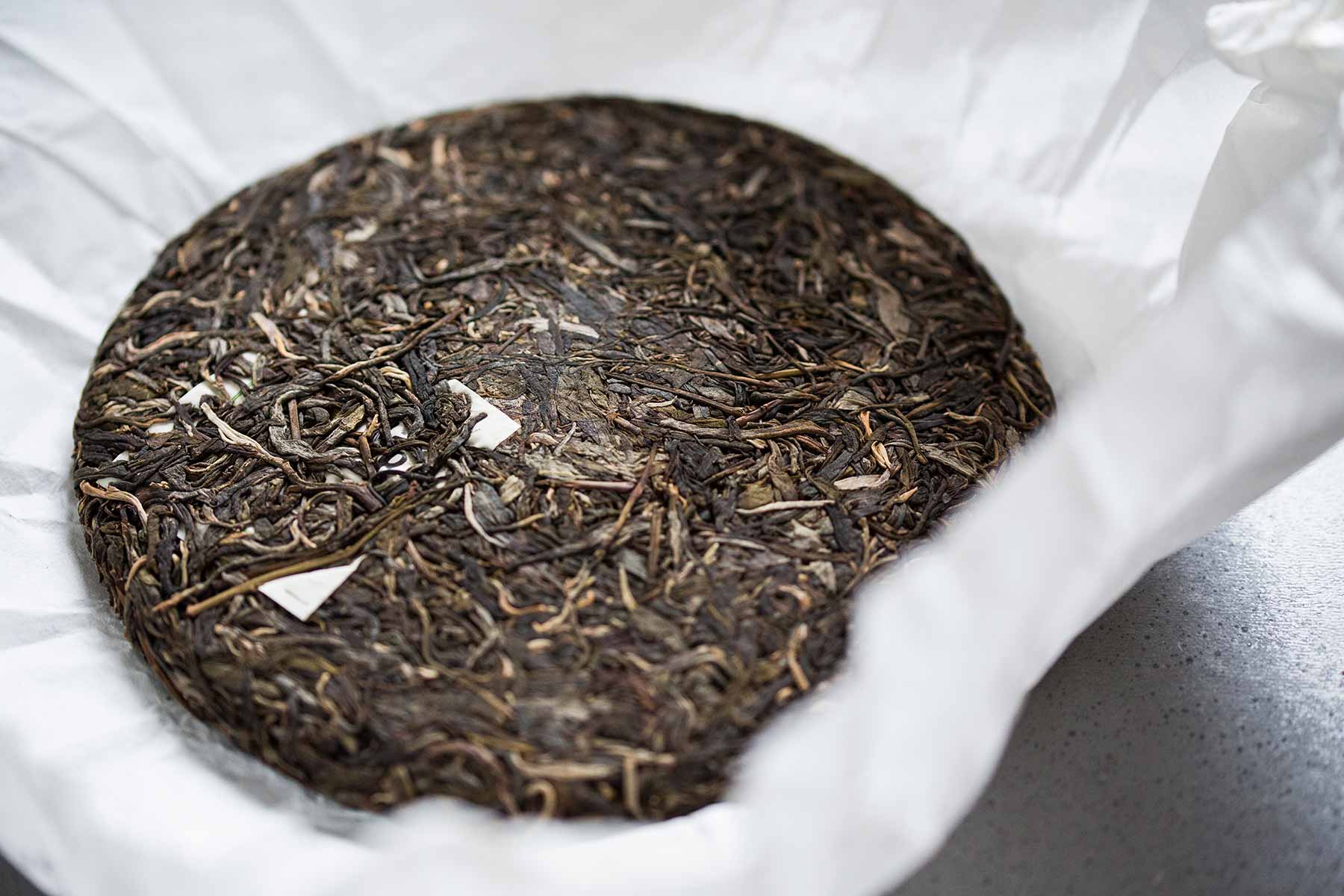
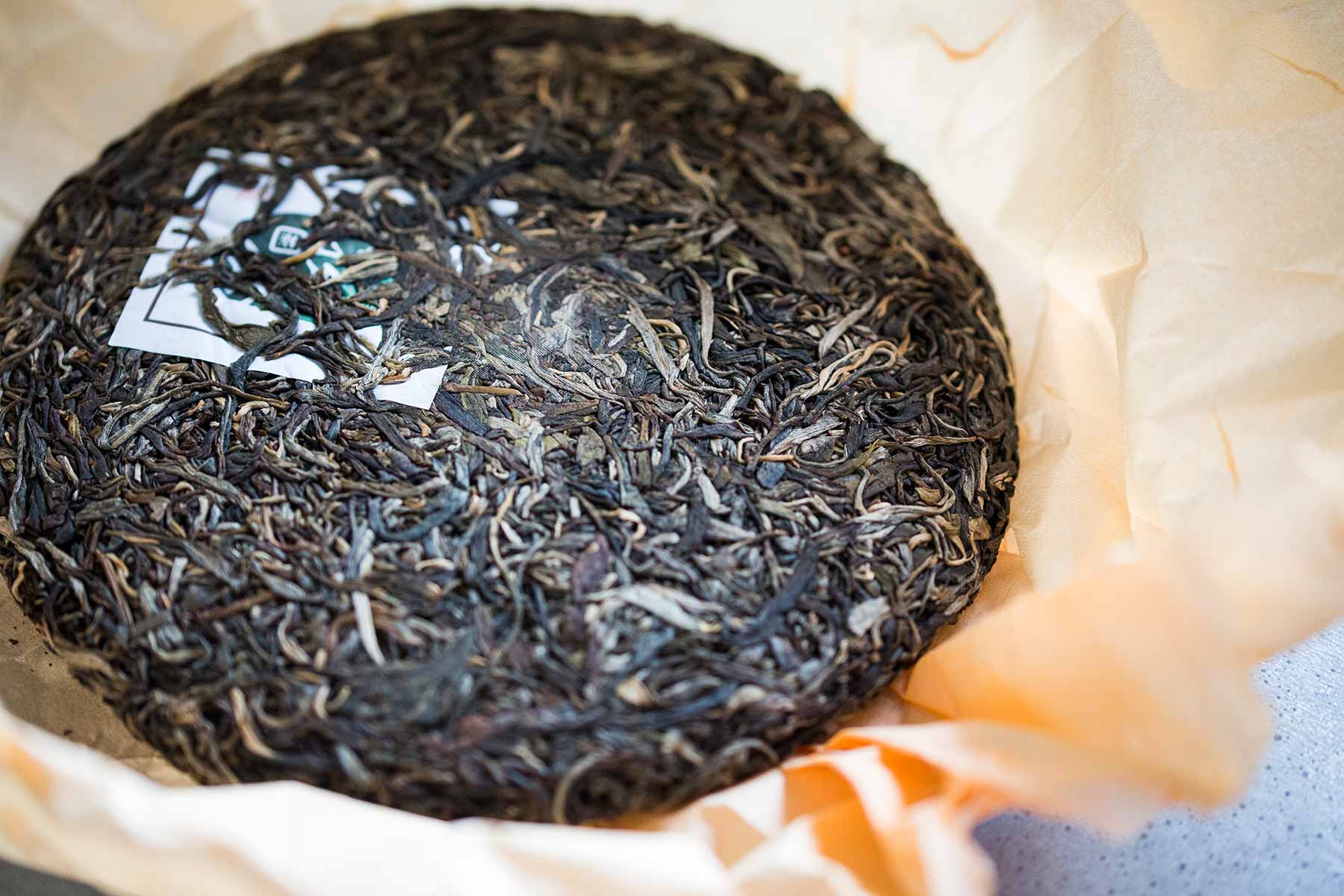
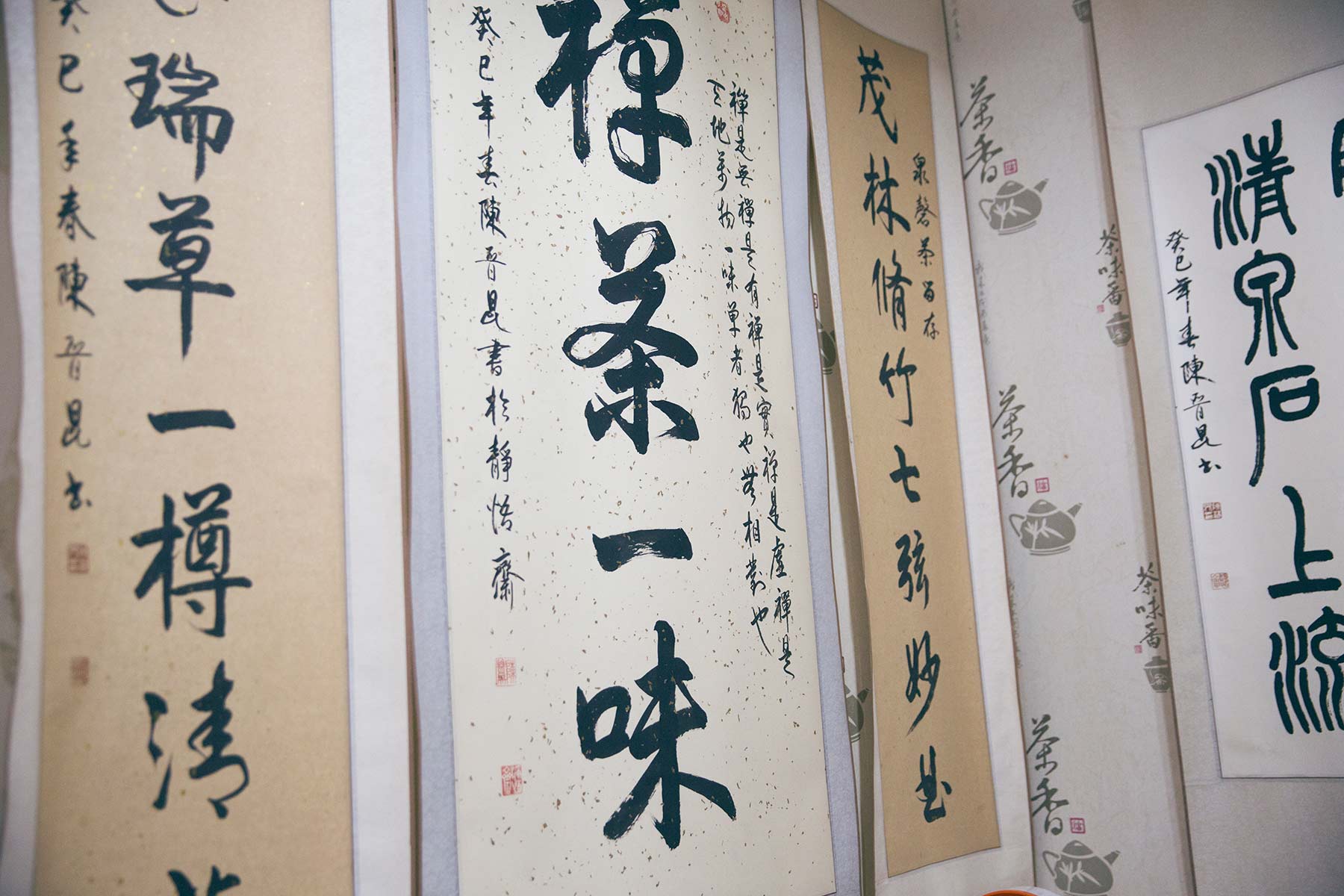
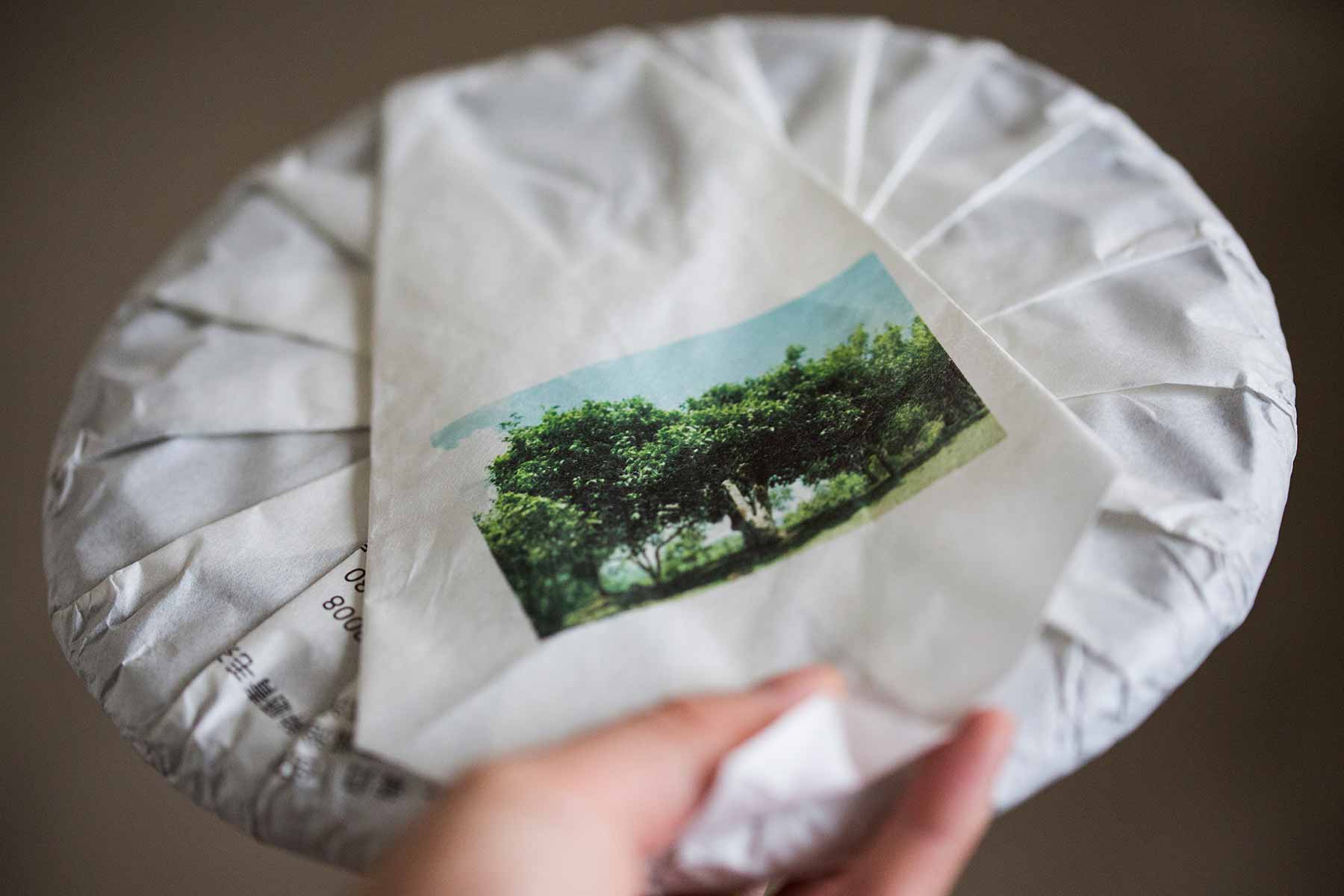
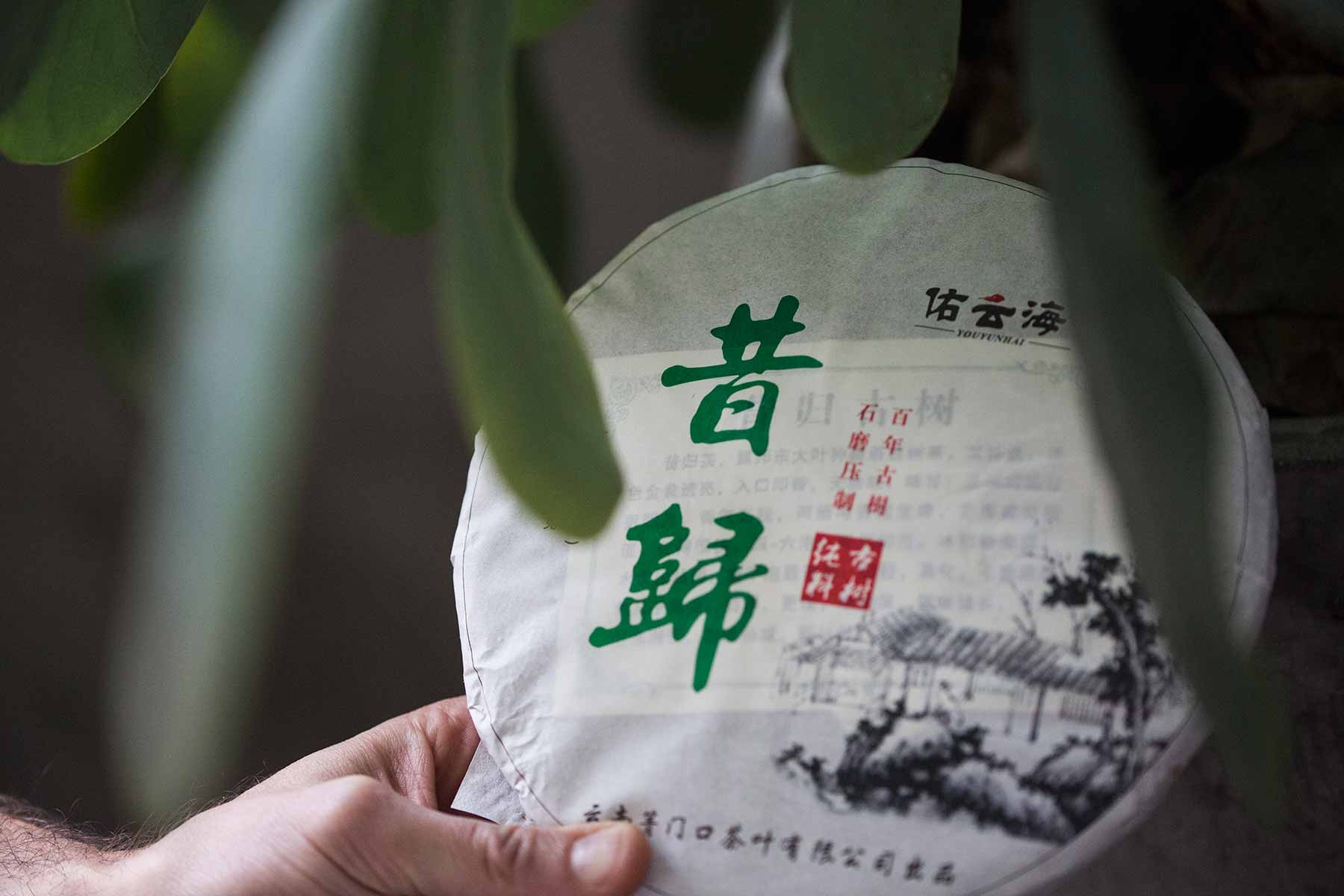
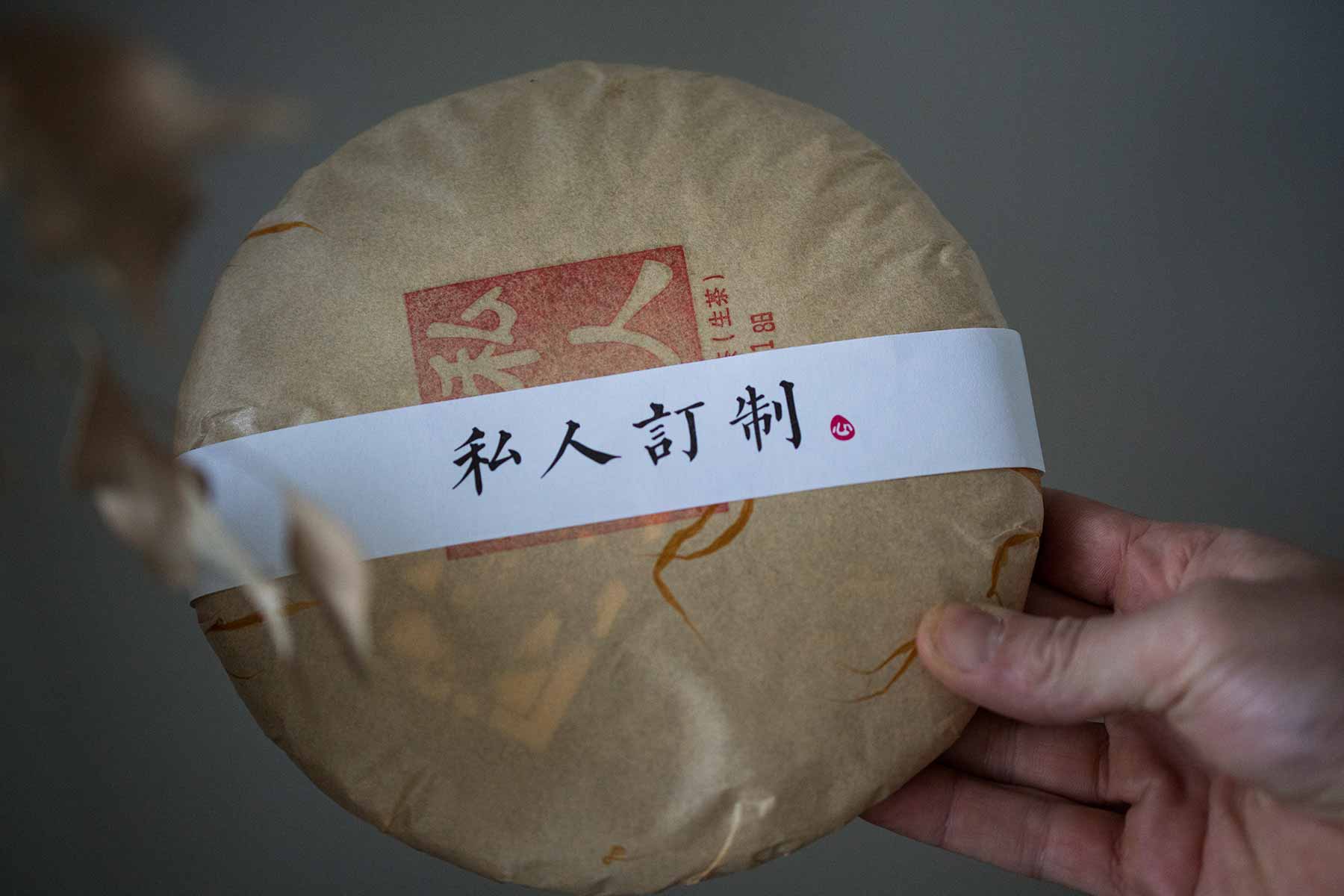
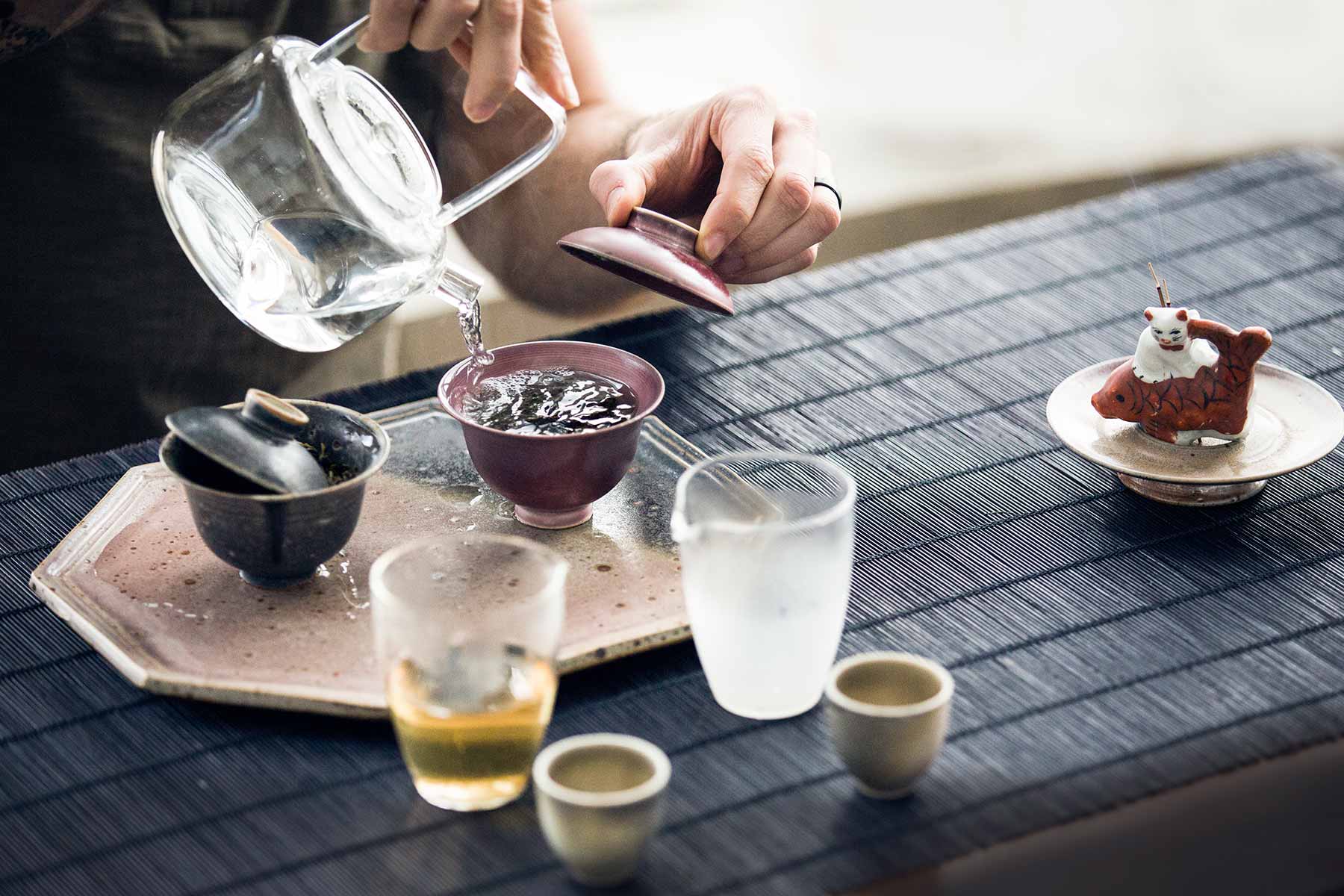
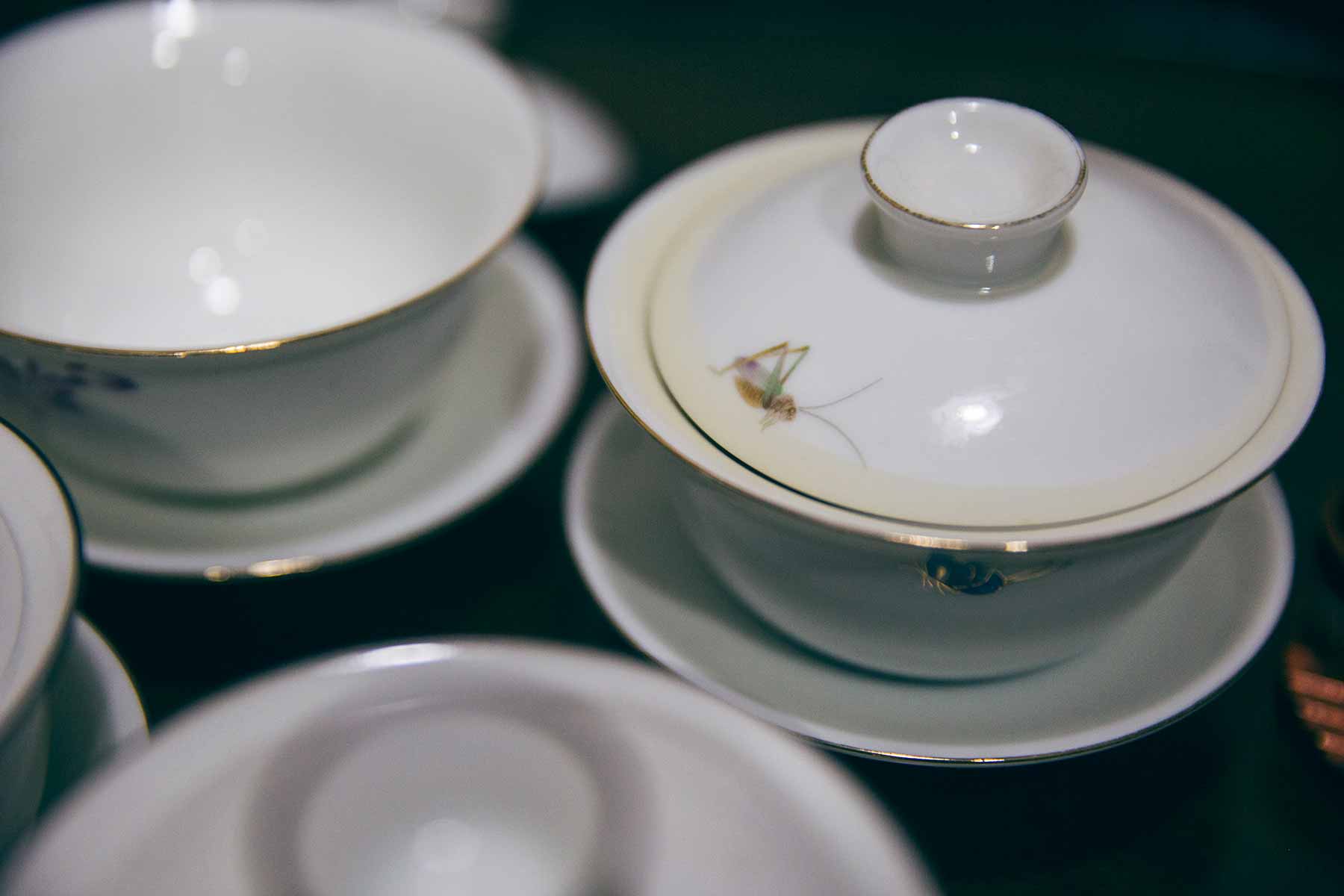
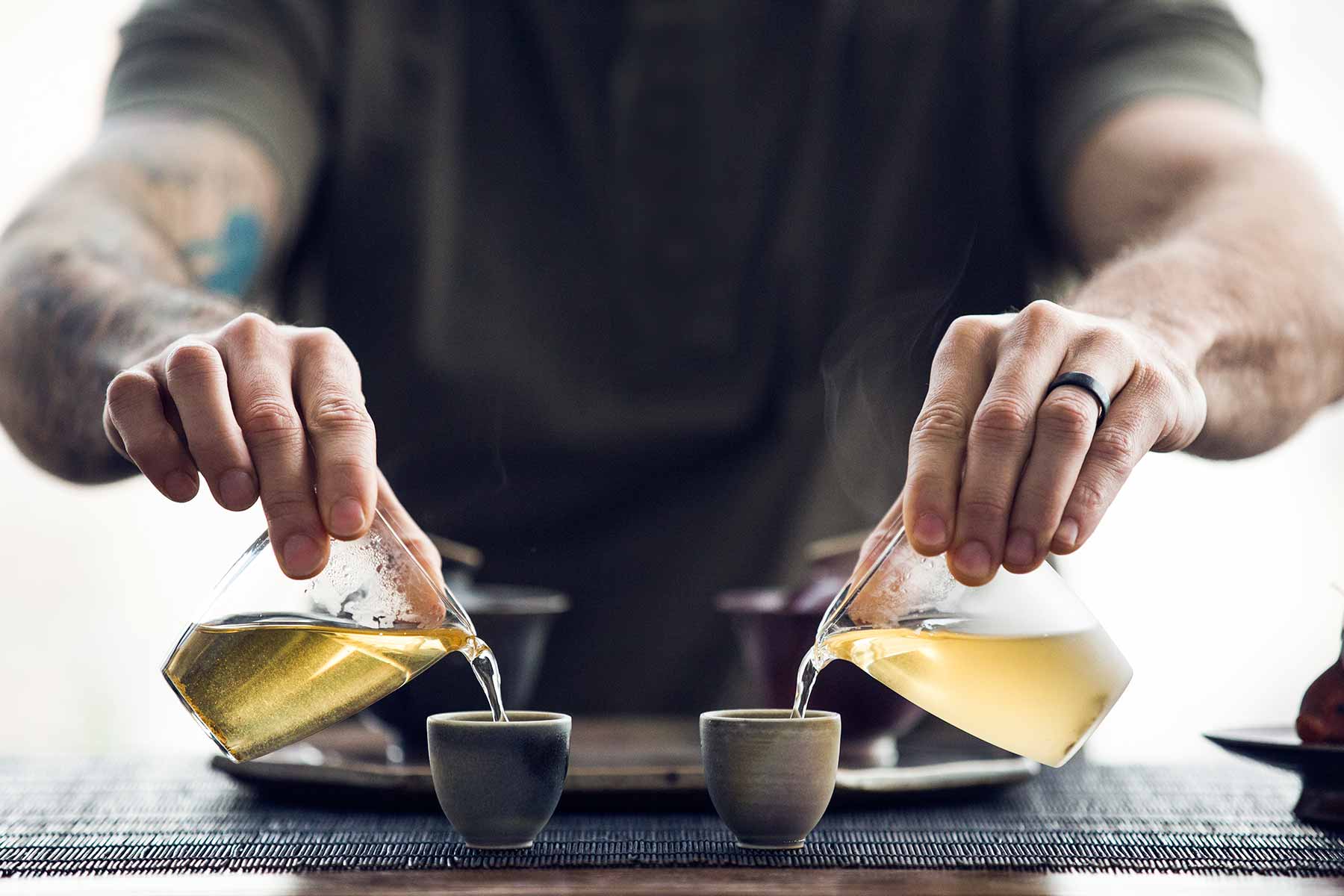
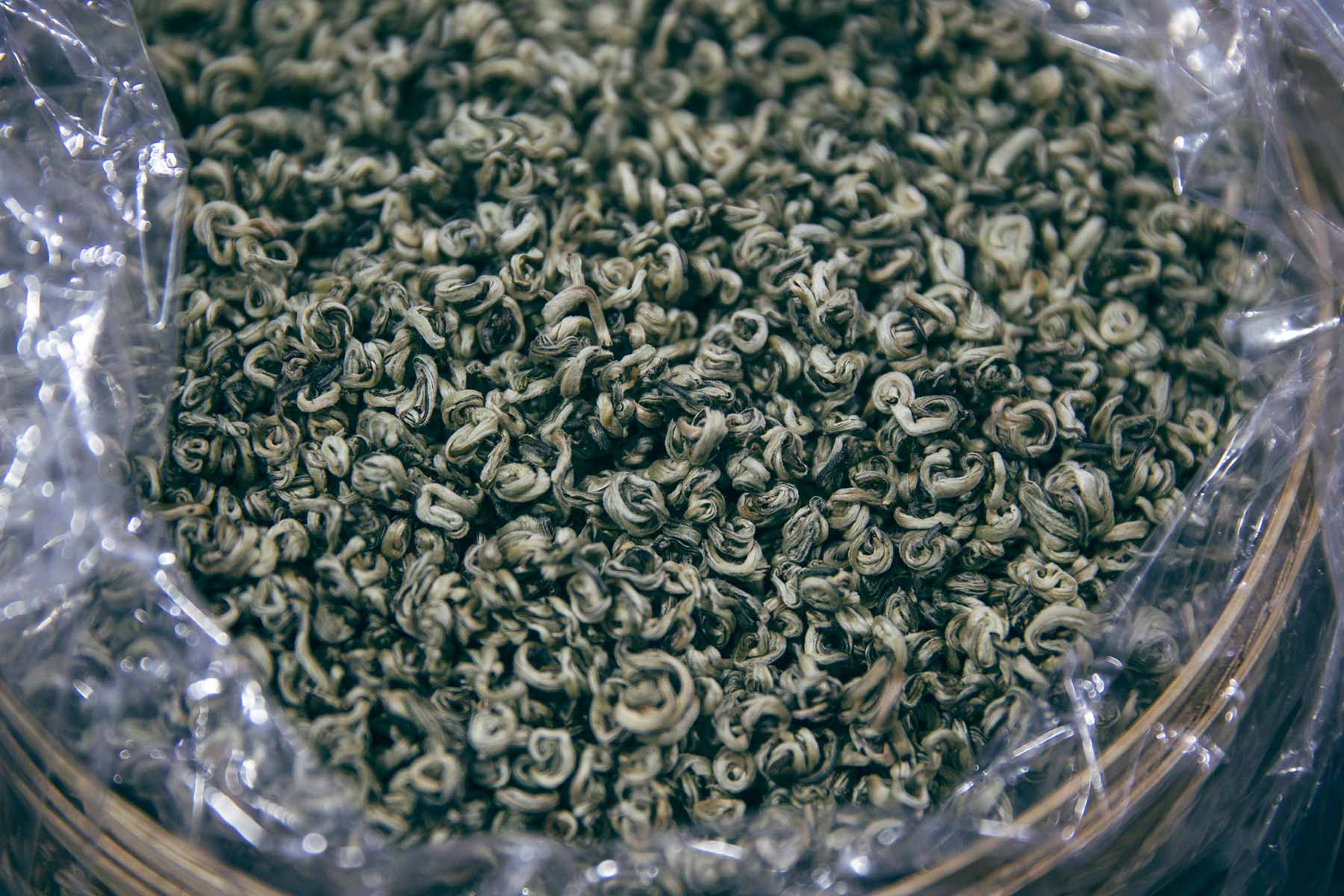

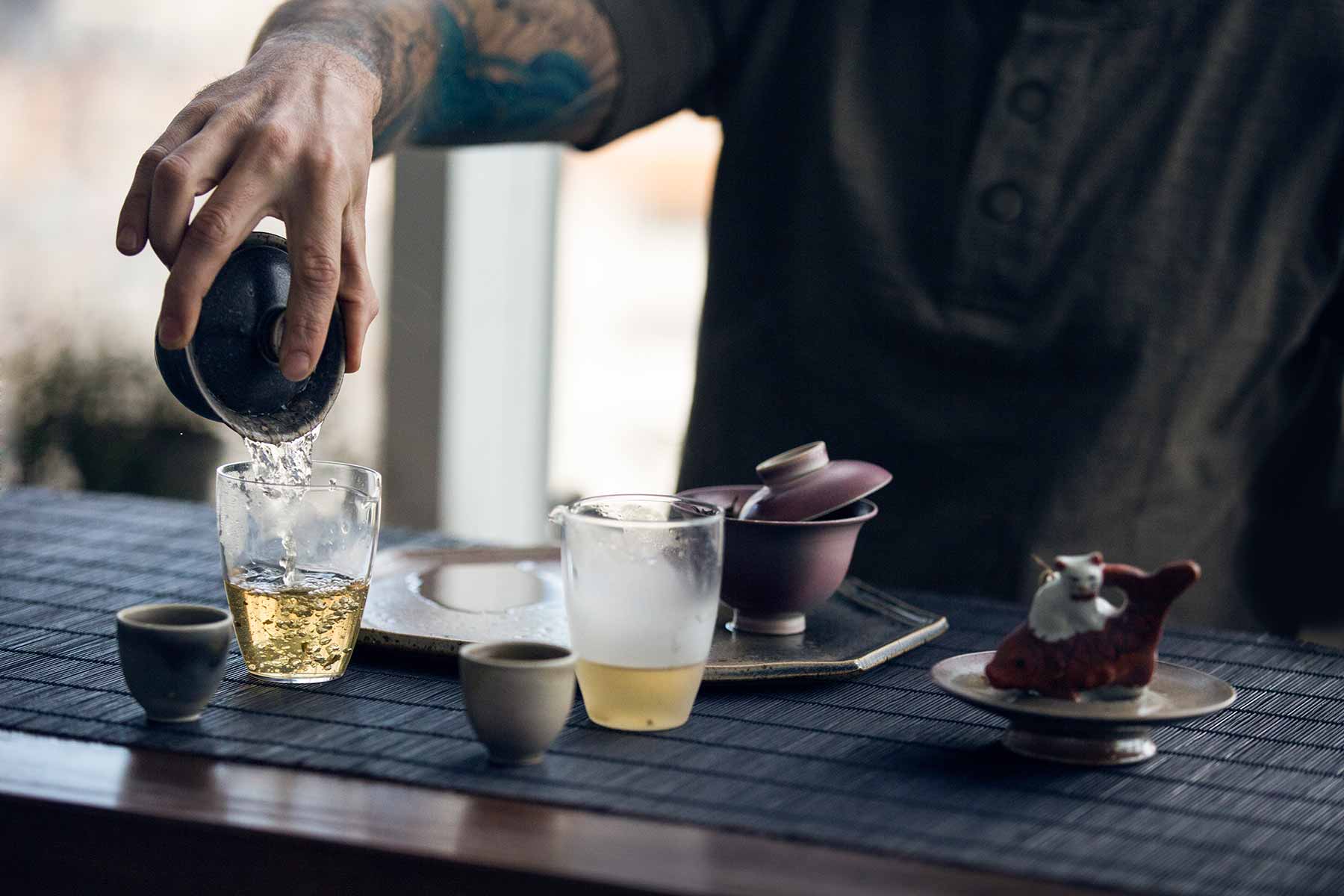


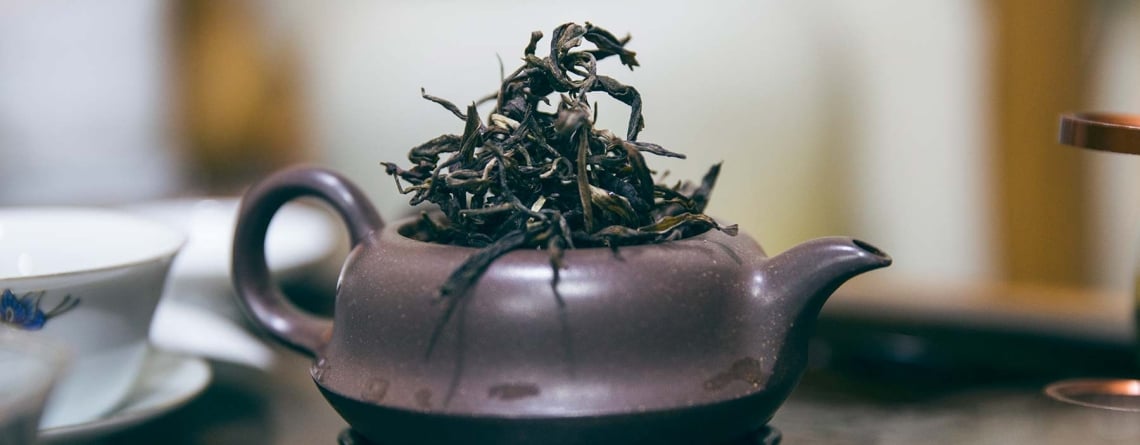
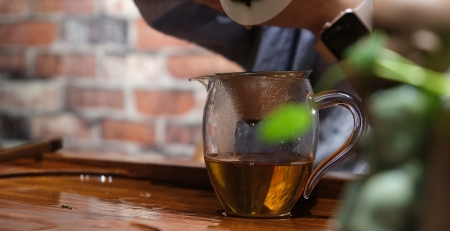
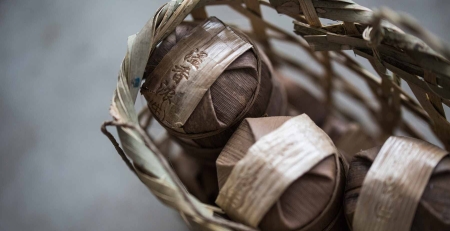
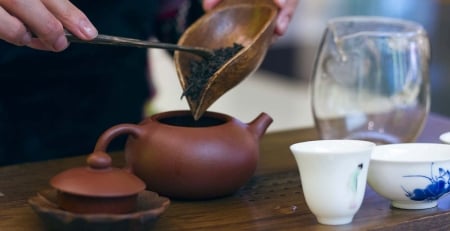
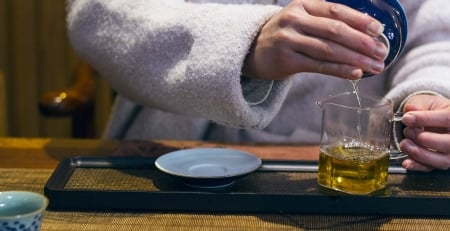
Leave a Reply
You must be logged in to post a comment.